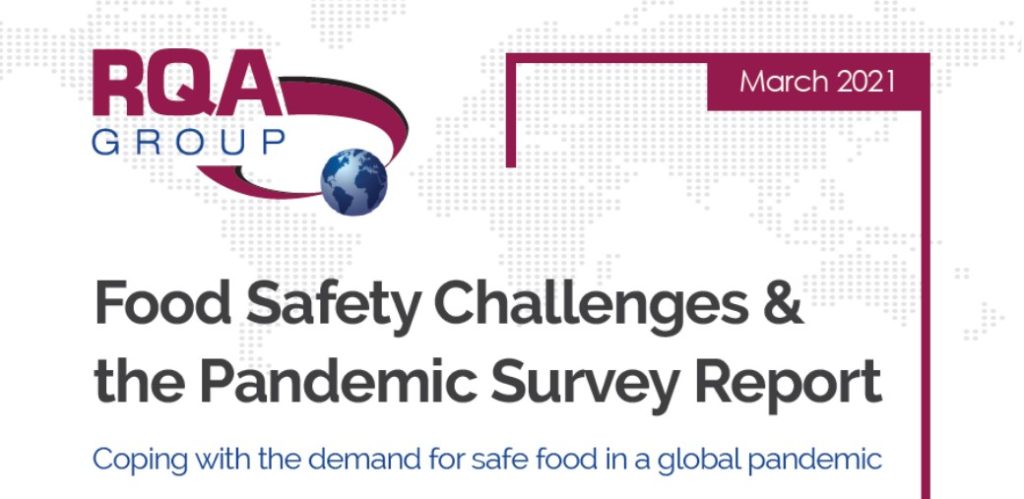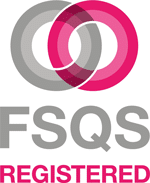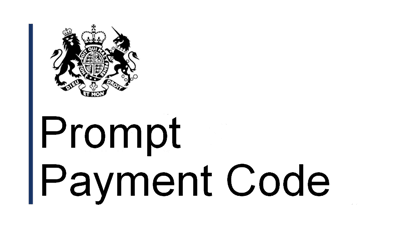92% of those responsible for food safety ranked ‘Protecting consumers’ as their prime driver for food safety in their business
We have been monitoring the number of food product recalls around the world throughout the pandemic. We observed significant “pandemic” effects in reduced numbers of recalls in most regions for at least a few months of the pandemic. We wanted to delve deeper into the impact the pandemic has had on those individuals responsible for food safety and how their businesses have been affected. We specifically wanted to learn more about food safety challenges, risks, food safety culture and how COVID-19 has affected food safety management, training, audits and product recalls.
Key findings from the report:
- 92% of respondents stated that “Protecting consumers” was the prime driver for food safety in their business. “Brand protection” and “Avoiding recalls” were also ranked highly as drivers of food safety.
- 1 in 4 suffered a product incident or recall during the pandemic
- When asked about their top 3 challenges in delivering safe food, 46% identified “Conflicting priorities”, 42% “Poor food safety culture” and 40% “Lack of resources”. When asked specifically about food safety culture however, 74% felt that their company had a good food safety culture.
- “Food fraud” was identified as the biggest risk to food safety in the future. “Allergens”, “Brexit supply issues” and “Lack of investment” were all fairly equal behind “Food fraud” in the risk concerns of our respondents.
- When asked if COVID-19 has negatively impacted food safety, there was quite a split. 49% did not think COVID-19 had impacted food safety, but 32% did feel food safety had been affected.
- During the pandemic 74% had to cancel audits and 34% cancelled food safety training
Vince Shiers, Managing Director, RQA Group, said “Many food producers were already operating under extreme stress prior to the pandemic. The pandemic has further exposed many of these issues. However, looking at it the other way, food companies were already used to working under pressure with tight budgets and a long list of incidents to respond to. That in itself may have made some of them more resilient to the current situation.”
Our research tells us that many managers and senior executives responsible for food safety have had a difficult time. They have faced product incidents and recalls; many have been unable to assess their suppliers and several have had to cancel food safety training. We see a picture of reduced team sizes, conflicting priorities, variability in food safety culture and a significant concern about food fraud in the future.
There have also been positives; companies adapting to virtual meetings and remote collaboration, increased loyalty from staff, improved hygiene and in some cases significant increase in business levels.
The food industry is and always has been under pressure to produce safe food 100% of the time. However, some of the issues identified in this survey may eventually manifest themselves as food safety incidents. A product recall is the ultimate challenge for a food company, but one all companies in this industry need to be prepared for. RQA recommend a Plan | Train | Test approach to recall management and can help businesses avoid, prepare for, handle and recover from food safety incidents. For more on how we can help food manufacturers click here or get in touch on [email protected].


